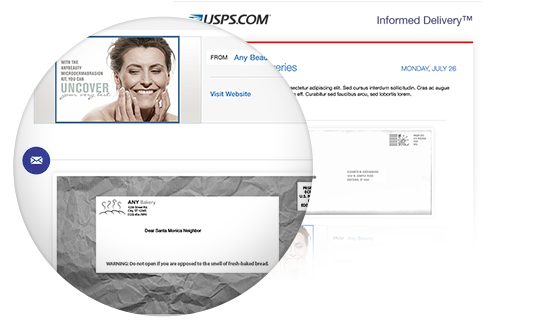“Private” investors must understand that the law, by the hand of the court, can and does pull back the curtain on investors’ identity when relevant evidence may be known, discussed, or otherwise in relation to that person, regardless of how removed they may be from the small or large private company or partnership. Take the example of the small startup Pintrips.
Since October 2013, Pinterest has conducted a legal battle in federal court in northern California against defendant Pintrips for various alleged violations (see RELATED links below), but in general for the alleged confusion consumers would face over the two companies’ concepts, name, and functionality.
RELATED:
Pintrips Pinned By Pinterest Lawsuit — Co-Exist or Confusion?
Pinterest Rolls Out “Place Pins”
In anticipation of a jury trial set for March 23, 2015 in Federal District Court, San Francisco before Hon. Richard Seeborg, discovery in the federal case of Pinterest vs. Pintrips proceeded in controversy as Pintrips lost a Motion for Protective Order to keep plaintiff Pinterest from subpoenaing or otherwise contacting the investors behind the scenes of Pintrips, and was subsequently sanctioned for failing to provide information about the identity of its third-party investors.
The trademark litigation (think: name confusion) seems to demonstrate that Goliath is asserting its strength over David as the Sunnyvale, California-based Pintrips unsuccessfully argued, among other things, that “permitting Pinterest to propound discovery on third-party investors poses a serious threat to its business, which according to its CEO, cannot generate revenue sufficient to meet its capital needs.”
“[Defendant] relies on investor funding for the capital necessary to develop its business. Revenues to date for [Defendant] are insufficient to supply that capital.” (Court Doc. No. 83.)

After denying such a protective order, Pintrips apparently continued to fail to provide sufficient answers to requests for details (interrogatories) on its investors, arguing it could lose funding by revealing the information. Pintrips responded to Pinterest’s request by stating:
As a small startup, Pintrips has little to no revenue, and relies on investors for the necessary funds to continue to build its business. Involving investors in this litigation has the clear potential of alienating the investors and cutting off Pintrips’ funding. The effect on Pintrips’ business would be more than burdensome and oppressive; it would be catastrophic. If Pintrips were even to ask the investors if they would object to being identified in discovery responses, Pintrips would run the risk of losing funding. (Court Doc. No. 132, pp 2-3.)
Pinterest sought legal fees of over $31,000 for seeking enforcement of discovery measures against Pintrips.

On January 12, 2015, US Magistrate Judge Kandis Westmore in Oakland, California, sanctioned Pintrips and its law firm, New York’s Kenyon & Kenyon LLP, and ordered them to pay, jointly and severally, $9,075 for failing to provide details about its investors in answers to at least two interrogatories.
The company must pay the sanction by March 13, 2015. Further requests for additional attorneys’ fees were denied due to a lack of details in the Plaintiff attorneys’ billing records.
View Court’s sanction Order here.
____
@travelblawg
facebook.com/travelblawg
Subscribe in the sidebar!
Disclosure of Material Connection: Some of the links in the post above are “affiliate links.” This means if you click on the link and purchase the item, I will receive an affiliate commission.










